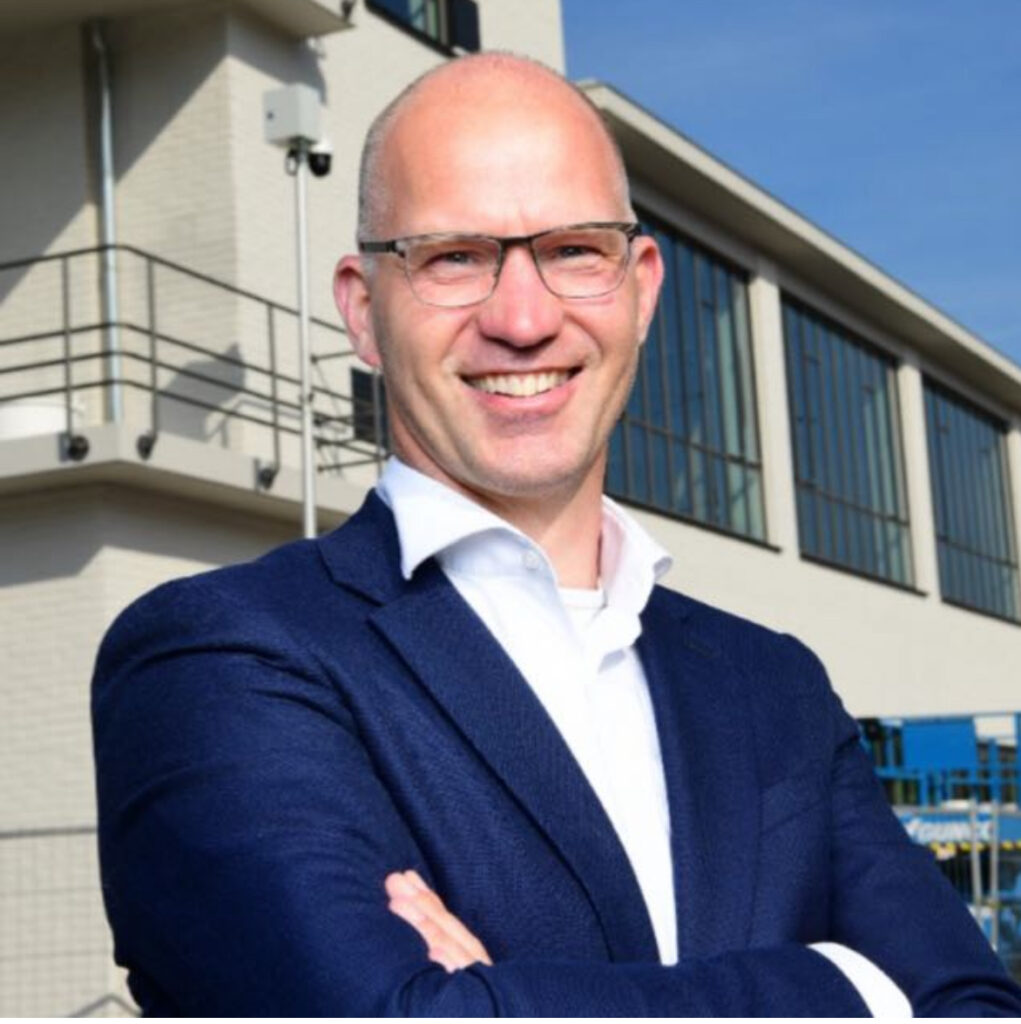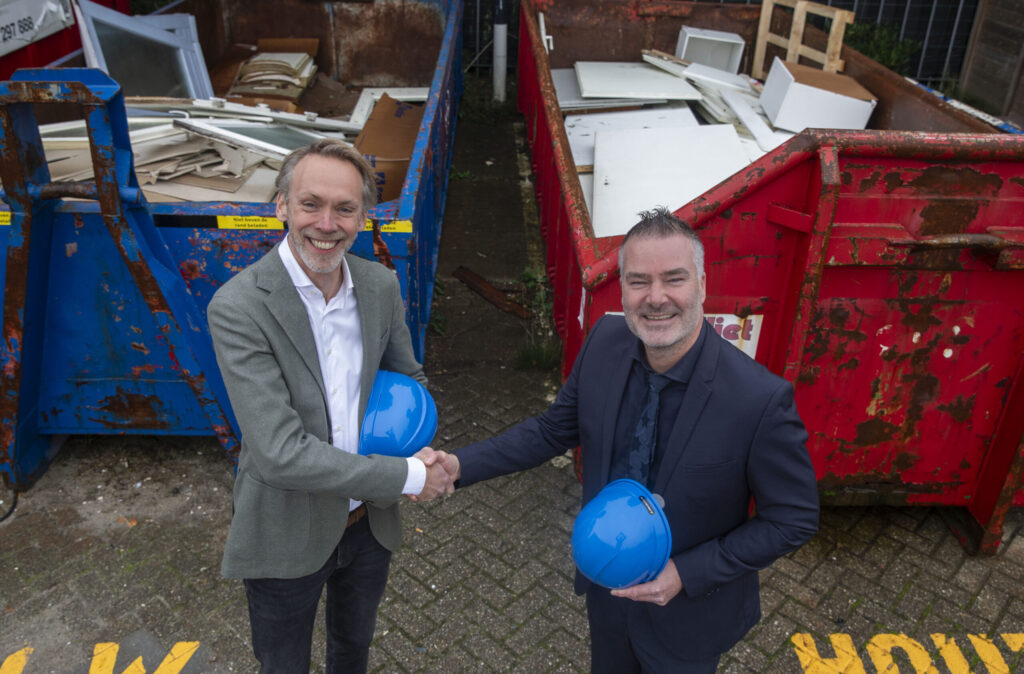Circular construction
Slowing down and eventually reversing the increase in CO2 levels in the atmosphere is a global challenge. The Paris Agreement targets are very clear on this point: 55% reduction in emissions by 2030 and carbon neutrality by 2050. With a share of almost 40% in total global CO2 emissions, the construction sector can significantly contribute to achieving these targets via sound and circular use of natural resources and materials. Registration of materials and products is one of the first steps towards a truly circular economy — driven by validated and reliable data.EPEA database for materials and products
Working out project-specific CO2 emissions or determining the extent to which a building could be reused requires a great deal of complex data. However, the necessary information is not always available to owners, planners and builders. EPEA has therefore developed a database of materials and products especially for Madaster, which is available to users of the Madaster Platform, so that they can make calculations for each of their projects individually. The data set contains information on both the origins of the materials (secondary resources, non-renewable primary materials, renewable resources) and the waste scenario (reuse, recycling, incineration, landfill). At the same time, it provides information from which the carbon footprint over the entire life cycle can be derived. All data are based on reliable sources and professional processing by EPEA. The data set currently includes 187 materials and/or products, making it the most comprehensive data set available with this degree of diversity and detail. The scope of the data set continues to grow and can be extended at the request of Madaster Platform users. This means that architectural firms no longer need to store all information and parameters in their models, and can calculate the assessments without much additional effort thanks to the smart link with the EPEA database.Repository of materials
Madaster registers buildings and the materials within them, similar to the registration of land parcellation and ownership in a land registry. In this way, materials are traceable and remain available indefinitely. Madaster allows anyone to create a web-based material passport for any of their buildings. Such material passports contain a large amount of information about the quality, origins and location of the materials and provides insight into the degree of circularity and the salvage value of a building. ‘Based on EPEA’s Cradle to Cradle Certified™ material and product database, we are able to provide better insight into circularity for Madaster Platform users worldwide. Besides higher quality material passports, it also delivers a clearer outline of the CO2 emissions and circular value of real estate. Developers, investors and owners and managers of real estate and infrastructure can thus realise circular ambitions in a timely and highly focused manner.’ – Pablo van den Bosch, Board Member Madaster ‘As the Environmental Protection Encouragement Agency (EPEA), we have been working with complex environmental data for more than 30 years. To estimate environmental impacts at building level and to be well prepared, generic data that can be easily handled by the user are an important step towards widespread application.’ -Peter Mösle, CEO EPEA GmbH – Part of Drees & SommerAbout EPEA GmbH – Part of Drees & Sommer
As an innovation partner for environmentally compatible and recyclable industrial products, buildings and urban districts, EPEA develops solutions for the circular economy. The method for this is the Cradle to Cradle® design principle, which was co-developed by EPEA. With 30 years of expertise and knowledge in chemistry, biology, environmental science and engineering, the interdisciplinary team optimises processes for the real estate sector and products for the construction, textile, packaging, automotive, consumer goods and cosmetics industries. As an accredited assessment body, EPEA also helps companies in the certification of their products according to the Cradle to Cradle Certified™ product standard. The aim is not to merely cause less harm, but rather to create positive added value for people, the environment and companies — in a circular economy that is based on Cradle to Cradle®.Join our movement today, start preserving value
Learn about our platformMadaster offers a partner and subscription model
Madaster platform
Step 1
-
Partner
Our partner model provides guidance, support, training and enables you to leverage our ecosystem through marketing and network events.
-
Subscription
Our subscription model gives you access to our platform.
-
Demo
Request a demo to get to know our platform.
Step 2
-
Basic
User 1
Object 1
Onboarding 1x 1,5h
Support 1 object
Update 2x/ year
Forum x
Partner event 1x/ year
Marketing Basic
Client event –
€ 3.500 / year *
-
Extra
User 1
Object 1
Onboarding 2x 1,5h
Support <3 objects
Update 2x/ year
Forum x
Partner event 1x/ year
Marketing Extra
Client event –
€ 5.500 / year *
-
Premium
User 1
Object 1
Onboarding 2x 1,5h
Support >3 objects
Update 2x/ year
Forum x
Partner event 1x/ year
Marketing premium
Client event x
€ 8.500 / year *
-
Madaster PURE
Recommended for experts who want to start uploading directly and who have familiarised themselves with Madaster and building passports! The subscription package is self service.€ 1.000 / year *
-
Private individual
Recommended for private homeowners who want to transparently document and analyse the materials and components they use. Also for students who want to create circular scenarios or a building passport in their thesis.€ 20 / year *
-
Manufacturers
Manufacturers can register their product portfolio on Madaster free of charge if product data is shared with all users. A partnership is required for additional functions.€ 0 / year *
Contact us directly

info@madaster.de
Bundesallee 39/40A
10717 Berlin
Deutschland



